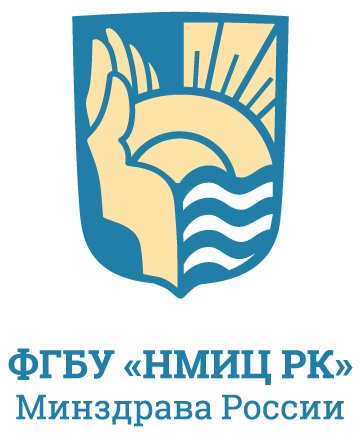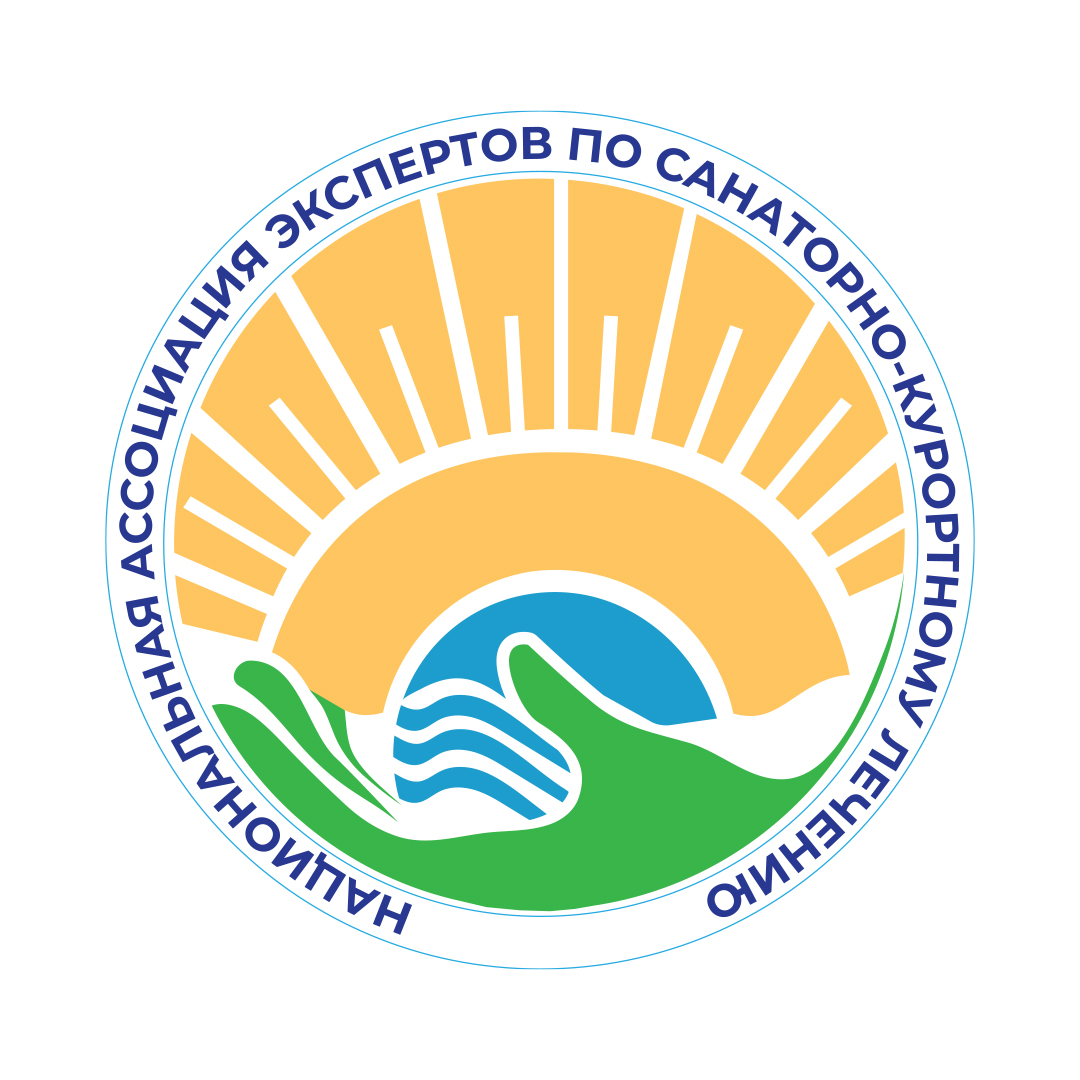Issue 4-21, 2022
Quality of Life Changes Evaluation on the Basis of the International Classification of Functioning at the Third Stage of Rehabilitation: a Retrospective Cohort Study of 40 Women with Breast Cancer
1,2 ![]() Galina E. Ivanova, 3
Galina E. Ivanova, 3 ![]() Tatiana V. Builova, 4
Tatiana V. Builova, 4 ![]() Lyudmila A. Belova, 5
Lyudmila A. Belova, 5 ![]() Yuri D. Udalov, 4
Yuri D. Udalov, 4 ![]() Viktor V. Mashin, 1,2
Viktor V. Mashin, 1,2 ![]() Andrey Yu. Suvorov, 4
Andrey Yu. Suvorov, 4 ![]() Anastasia A. Kuvaiskaya
Anastasia A. Kuvaiskaya
1 Federal Center for Brain and Neurotechnologies, Moscow, Russian Federation
2 Pirogov Russian National Research Medical University, Moscow, Russian Federation
3 Lobachevsky State University of Nizhny Novgorod -National Research University, Nizhny Novgorod, Russian Federation
4 Ulyanovsk State University, Ulyanovsk, Russian Federation
5 Research and Clinical Center of Radiology and Oncology, Dimitrovgrad, Russian Federation
ABSTRACT
INTRODUCTION. The article reflects long-term and distant consequences of antitumor therapy, from three to six months from thebeginning of treatment, in patients with breast cancer. Analysis of the identified effects allowed to determine the structure of therehabilitation diagnosis based on the International Classification of Functioning.AIM. To designate the main International Classification of Functioning codes for breast cancer patients corresponding to the third stageof rehabilitation, to evaluate the effectiveness of rehabilitation measures at this stage of rehabilitation in breast cancer patients whoreceived different methods of treatment for this disease.MATERIAL AND METODS. The study was conducted on the basis Federal Research and Clinical Center of Radiology and Oncologyof the Federal Medical and Biological Agency of Russia for the period October-January 2021-2022, including the data analysis of 40patients (all women) with breast cancer stages I-IV, being at the third stage of rehabilitation 3-6 months after the complex antitumortreatment with the persistence of adverse events due to the therapy, the mean age of patients is 58 .6 ± 1.2 years.RESULTS AND DISCUSSION. The need for rehabilitation measures in patients with breast cancer persisted and increased after the endof antitumor treatment. A brief set of International Classification of Functioning was formed on the basis of complaints and evaluationof patients admitted to the third stage of medical rehabilitation from the standpoint of a biopsychosocial approach. Rehabilitationdiagnosis distinctive features were identified and, accordingly, the rehabilitation program was developed at the third stage of medicalrehabilitation of patients with breast cancer.CONCLUSION. The results of the study confirm the long-term effects of antitumor treatment, which suggests the need for rehabilitationmeasures to prevent the development and progression of complications and to improve the quality of life of breast cancer patients.
KEYWORDS: quality of life, International Classification of Functioning, data analysis, breast cancer, patients, antitumor therapy, rehabilitation, long term effects
FOR CITATION: Ivanova G.E., Builova T.V., Belova L.A., Udalov Yu. D., Mashin V.V., Suvorov A.Yu., Kuvaiskaya A.A. Quality of Life Changes Evaluation on the Basis of the International Classification of Functioning at the Third Stage of Rehabilitation: a Retrospective Cohort Study of 40 Women with Breast Cancer. Bulletin of Rehabilitation Medicine. 2022; 21 (4): 126-147. https://doi.org/10.38025/2078-1962-2022-21-4-126-147
References:
- Sych G.V., Kosolapov V.P., Choporov O.N., Dzhavahadze, R.E. The Medical Social Charac- teristics of Women with Oncologic Diseases. Problems of Social Hygiene, Public Health and History of Medicine, Russian Journal. 2018; 26(5): 297-301. https://doi.org/10.32687/0869-866X-2018-26-5-297-301 (In Russ.).
- Fahad Ullah M. Breast Cancer: Current Perspectives on the Disease Status. Advances in Experimental Medicine and Biology. 2019; (1152): 51-64. https://doi.org/10.1007/978-3-030-20301-6_4
- Kaprin A.D., Starinsky V.V., Shakhza- dova A.O. Malignant neoplasms in Russia in 2020 (morbidity and mortality). Moscow. National Medical Research Radiological Centre of the Ministry of Health of the Russian Federation. 2021: 252 p. (In Russ.).
- Kaprin A.D., Starinsky V.V., Shakhzadova A.O. The state of oncological care to the population of Russia in 2019. National Medical Research Radiological Centre of the Ministry of Health of the Russian Federation. 2020: 239 p. (In Russ.).
- Puzin S.N., Shurgaya M.A., Achkasov E.E., Memetov S.S., Pogosyan G.S., Idrisova L.S. The Medical Social Aspects of Repeated Disability of Adult Population Due to Malignant Neoplasms in the Russian Federation. Problems of Social Hygiene, Public Health and History of Medicine, Russian Journal. 2019; 27(1): 18-22. https://doi.org/10.32687/0869-866X-2019-27-1-18-22 (In Russ.).
- Volchenko A.A., Pak D.D. Reconstructive Plastic Surgery for Breast Cancer. Russian Journal of Oncology. 2012; (2): 46-49 (In Russ.).
- Lovelace D.L., McDaniel L.R., Golden D. Long-Term Effects of Breast Cancer Surgery, Treatment, and Survivor Care. Journal of Midwifery & Women’s Health. 2019; 64(6): 713-724. https://doi.org/10.1111/jmwh.13012
- Acebedo J.C., Haas B.K., Hermanns M. Breast Cancer-Related Lymphedema in Hispanic Women: A Phenomenological Study. Journal of Transcultural Nursing. 2021; 32(1): 41-49. https://doi.org/10.1177/1043659619891236
- Ruiz-Casado A., Álvarez-Bustos A., de Pedro C.G., Méndez-Otero M., Romero-Elías M. Cancer-related Fatigue in Breast Cancer Survivors: A Review. Clinical Breast Cancer. 2021; 21(1): 10-25. https://doi.org/10.1016/j.clbc.2020.07.011
- Maass S.W., Roorda C., Berendsen A.J., Verhaak P.F., de Bock G.H. The prevalence of long-term symptoms of depression and anxiety after breast can- cer treatment: a systematic review. Maturitas. 2015; 82(1): 100-108. https://doi.org/10.1016/j.maturitas.2015.04.010
- Fangel L.M., Panobianco M.S., Kebbe L.M., de Almeida A.M., de Oliveira Gozzo T. Qualify of life and daily activities performance after breast cancer treatment. Acta Paulista de Enfermagem. 2013; 26(1): 93-100. https://doi.org/10.1590/S0103-21002013000100015
- Keesing S., Rosenwax L., McNamara B. The implications of women’s activity limitations and role disruptions during breast cancer survivorship. Women’s Health. 2018; (14): 1745505718756381. https://doi.org/10.1177/1745505718756381
- Dunne M., Keenan K. CE: late and long-term sequelae of breast cancer treatment. American Journal of Nursing. 2016; 116(6): 36-45. https://doi.org/10.1097/01.NAJ.0000484223.07306.45
- Kothari A.S., Fentiman I.S. Breast cancer in young women. International Journal of Clinical Practice. 2002; 56(3): 184-187.
- Gonciar D., Mocan L., Zlibut A., Mocan T., Agoston-Coldea L. Cardiotoxicity in HER2-positive breast cancer patients. Heart Failure Reviews. 2021; 26(4): 919-935. https://doi.org/10.1007/s10741-020-10072-8
- Udalov Yu.D., Belova L.A., Mashin V.V., Danilova L.A., Kuvayskaya A.A. Autonomic Nervous System Dysfunction in Breast Cancer Patients. Ulyanovsk Medico-bio- logical Journal. 2021; (4): 73-88. https://doi.org/10.34014/2227-1848-2021-4-73-88 (In Russ.).
- González-Santos Á., Postigo-Martin P., Gallart-Aragón T., Esteban-Cornejo I., Lopez-Garzon M., Galiano-Castillo N., Arroyo-Morales M., Illescas-Montes R., Artacho-Cordón F., Martín-Martín L., Forneiro-Pérez R., Lozano-Lozano M., Fernández-Lao C., Ruiz-Vozmediano J., Sánchez-Salgado C., Cantarero-Villanueva I. Neurotoxicity prevention with a multimodal program (ATENTO) prior to cancer treatment versus throughout cancer treat- ment in women newly diagnosed for breast cancer: Protocol for a randomized clinical trial. Research in Nursing, Health. 2021; 44(4): 598-607. https://doi.org/10.1002/nur.22136
- Fang C.Y., Lou D.Y., Zhou L.Q., Wang, J.C., Yang B., He Q.J., Wang J.J., Weng Q.J. Natural products: potential treatments for cisplatin-induced nephro- toxicity. Acta Pharmacologica Sinica. 2021; (42): 1951-1969. https://doi.org/10.1038/s41401-021-00620-9
- Kluge V.A., Semi- glazova T.Y., Krivorotko P.V., Melnikova E.V., Kasparov B.S., Kondrateva K.O., Semeniuk M.V., Tynkasova M.A., Kovlen D.V., Adhamov B.M., Zernov K.Yu., Pesotsky R.S., Ryazankina A.A., Semiletova Y.V., Nazarova S.G., Semiglazov V.V., Semiglazov V.F., Belyaev A.M. Experience of Application of the International Classification of Functioning (ICF) in Assessment of the Need for Rehabilitation of Patients with Operated Breast Cancer. Bulletin of Rehabilitation Medicine. 2021; 20(1): 70-83. https://doi.org/10.38025/2078-1962-2021-20-1-70-83 (In Russ.).
- Schmidt M.E., Schere S., Wiskemann J., Steindorf K. Return to work after breast cancer: The role of treatmentrelated side effects and potential impact on quality of life. European Journal of Cancer Care. 2019; 28(4): e13051. https://doi.org/10.1111/ecc.13051
- Seretny M, Currie G.L., Sena E.S., Ramnarine S., Grant R., MacLeod M.R., Colvin L.A., Fallon M. Incidence, prevalence, and predictors of chemotherapy- induced peripheral neuropathy: a systematic review and meta-analysis. Pain. 2014; (155): 2461-2470. https://doi.org/10.1016/j.pain.2014.09.020
- Wolf S.L., Barton D.L., Qin R., Wos E.J., Sloan J.A., Liu H., Aaronson N.K., Satele D.V., Mattar B.I., Green N.B., Loprinzi C.L. The relationship between numbness, tingling, and shooting/burning pain in patients with chemotherapy-induced peripheral neuropathy (CIPN) as measured by the EORTC QLQ-CIPN20 instrument, N06CA. Supportive Care in Cancer. 2012; 20(3): 625-632. https://doi.org/10.1007/s00520-011-1141-9
- Mols F., Beijers T., Vreugdenhil G., van de Poll-Franse L. Chemotherapy-induced peripheral neuropathy and its association with quality of life: a systematic review. Supportive Care in Cancer. 2014; (22): 2261-2269. https://doi.org/10.1007/s00520-014-2255-7
- Mols F., Beijers T., Lemmens V., van den Hurk CJ., Vreugdenhil G., van de Poll-Franse L.V. Chemotherapyinduced neuropathy and its association with quality of life among 2 to 11 year colorectal cancer survivors: results from the population-based PROFILES registry. Journal of Clinical Oncology. 2013; 31(21): 2699-2707. https://doi.org/10.1200/JCO.2013.49.1514
- Marmiroli P., Scuteri A., Cornblath D.R., Cavaletti G. Pain in chemotherapyinduced peripheral neurotoxicity. JPNS. 2017; 22(3): 156-161. https://doi.org/10.1111/jns.12226
- Gewandter J.S., Freeman R., Kitt R.A., Cavaletti G., Gauthier L.R., McDermott M.P., Mohile N.A., Mohlie S.G., Smith A.G., Tejani M.A., Turk D.C., Dworkin R.H. Chemotherapy-induced peripheral neuropathy clinical trials: Review and recommendations. Neurology. 2017; (89): 859-869. https://doi.org/10.1212/WNL.0000000000004272
- Flatters S., Dougherty P.M., Colvin L.A. Clinical and preclinical perspectives on Chemotherapy-Induced Peripheral Neuropathy (CIPN): a narrative review. British Journal of Anaesthesia. 2017; (119): 737-749. https://doi.org/10.1093/bja/aex229
- Lakoski S.G., Jone L.W., Krone R.J., Stein P.K., Scott J.M. Autonomic dysfunction in early breast cancer: Incidence, clinical importance, and underlying mechanisms. American Heart Journal. 2015; 170(2): 231-41. https://doi.org/10.1016/j.ahj.2015.05.014
- Jerusalem G., Lancellotti P., Kim S.B. HER2+ breast cancer treatment and cardiotoxicity: monitoring and management. Breast Cancer Research and Treatment. 2019; 177(2): 237-250. https://doi.org/10.1007/s10549-019-05303-y
- Noor B., Akhavan S., Leuchter M., Yang E.H., Ajijola O.A. Quantitative assessment of cardiovascular autonomic impairment in cancer survivors: a sin- gle center case series. Cardio-Oncology. 2020; (6): 11. https://doi.org/10.1186/s40959-020-00065-9
- Ivanova G.E. Medical Reha- bilitation in Russia. Development Prospects. Consilium Medicum. 2016; 18(2.1): 9-13 (In Russ.).
- Amatya B., Khan F., Galea M.P. Optimizing post-acute care in breast cancer survivors: a rehabilitation perspective. Journal of Multidisciplinary Healthcare. 2017; (10): 347-357. https://doi.org/10.2147/JMDH.S117362

The content is available under the Creative Commons Attribution 4.0 License.
©
This is an open article under the CC BY 4.0 license. Published by the National Medical Research Center for Rehabilitation and Balneology.




